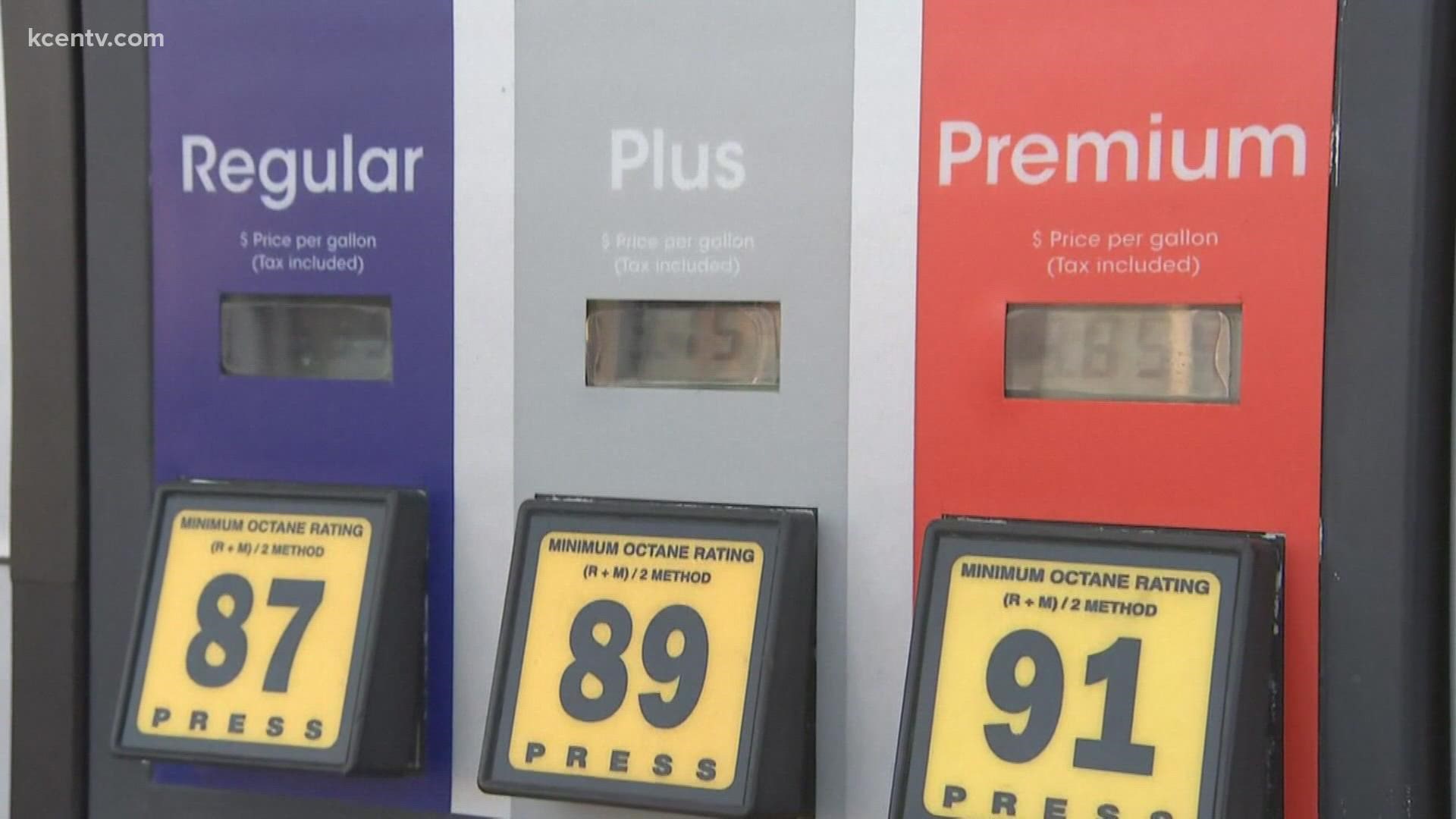TEXAS, USA — Gas prices in all 50 U.S. states have now hit an average of $4 per gallon according to data from AAA, and global crude oil prices are now trading near $110 a barrel.
Gas prices in Texas are averaging $4.27 a gallon, which is up from $4.10 last week. On Wednesday, 6 News spoke to Texas Alliance of Energy Producers President Jason Modglin on what he expects to see in the next few months.
Unfortunately, Modglin said there are several reasons why gas prices could be staying over four dollars for at least the next few months. He said increasing supply would be the main way to reduce prices, but there are roadblocks in the way.
"The main way to help consumers is if we ramp up supply here in the United States. So that requires kind of an all of government approach," Modglin said.
1. The U.S. can't release enough oil from reserves to significantly affect prices.
On April 21, the Biden administration announced it would release oil from the U.S. Strategic Petroleum Reserve. President Biden announced they would put one million additional barrels on the market per day, on average, for the next six months.
Modglin said the U.S. demand for oil is around 20 Million barrels a day so this wouldn't be enough to make a significant dent in prices.
"We are talking about a nickel. Average prices this week are well over 4 dollars across Texas and in some states it's over five," Modglin said. "That break, while nice, is not really what's going to help consumers.
2. The Federal government has yet to lease land where companies could continue drilling.
Modglin said their are areas in the Gulf of Mexico, in New Mexico, in Colorado and several other states where companies could drill for oil of the government leased out federal land. He said Texas companies could make significant gains in the Gulf of Mexico in particular.
"We need the administration to restart a five year plan, which expires this week, to make sure they continue to develop that resource in the Gulf of Mexico so that we have rigs running out there. It's some of the most prolific and cleanest oil and natural gas we have in North America and so it should be restarted quickly," Modglin said.
3. Oil companies can't find the steel they need to build new wells.
Modglin said the steel market is very tight in the United States right now and many companies can't find steel, pipe material, or sand in order to build new oil wells. He said U.S. production doesn't support demand and high tariffs on imports make buying foreign steel expensive. Modglin is currently in Washington D.C. asking the lawmakers to reduce those tariffs.
"We do not have enough steel available to drill new wells and bring them online. We have a constraint that has been imposed by the previous administration and now this administration that puts very high tariffs and very low quotas on importing steel."
4. The U.S. is still working to catch up to pre-COVID oil production.
The U.S. is currently producing just under 12 million barrels of oil a day. Before COVID-19, Modglin said, the country was producing over 13 million barrels of oil. Modglin told 6 News Texas production has been able to return to normal but other areas of the country have not.
5. Oil refineries are producing multiple "summer blend" gasolines which make production less efficient and more costly.
During the summer, refineries are generally required to make several "summer blend" forms of gasoline that burn hotter and reduce emissions.
In April, President Biden announced that the EPA Administrator will issue an emergency waiver allowing regular E15 gasoline to be sold this summer, but Modglin said several states can still require a different blend. This means refineries must make several types of blends and the process becomes less efficient. Gas typically becomes more expense during the summer for this reason.
"Different states have different standards," Modglin said. "You have refiners trying to meet all these demands and that adds to the cost."
Also on KCENTV.com:

